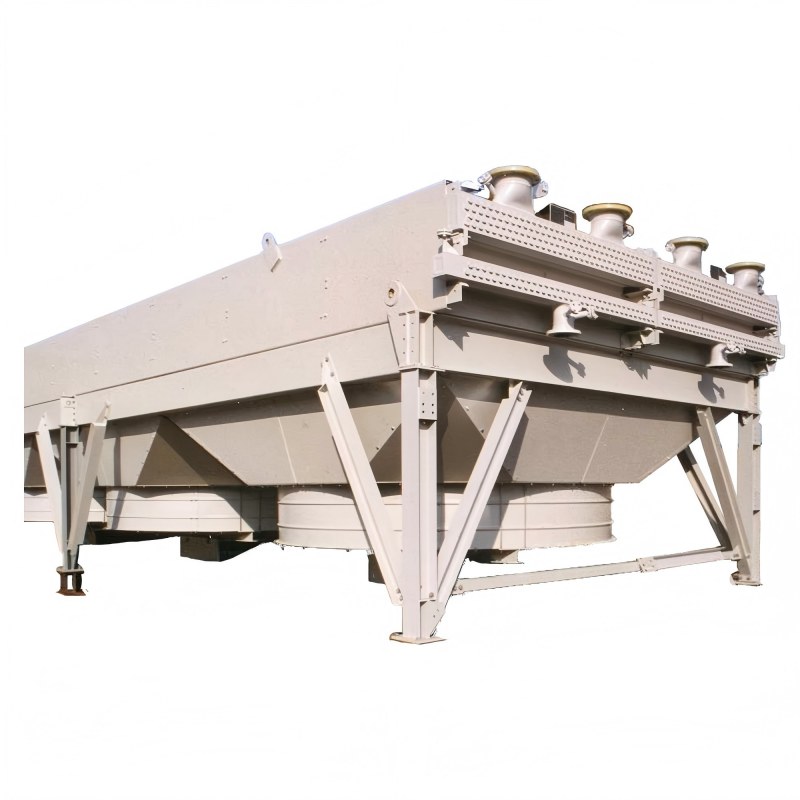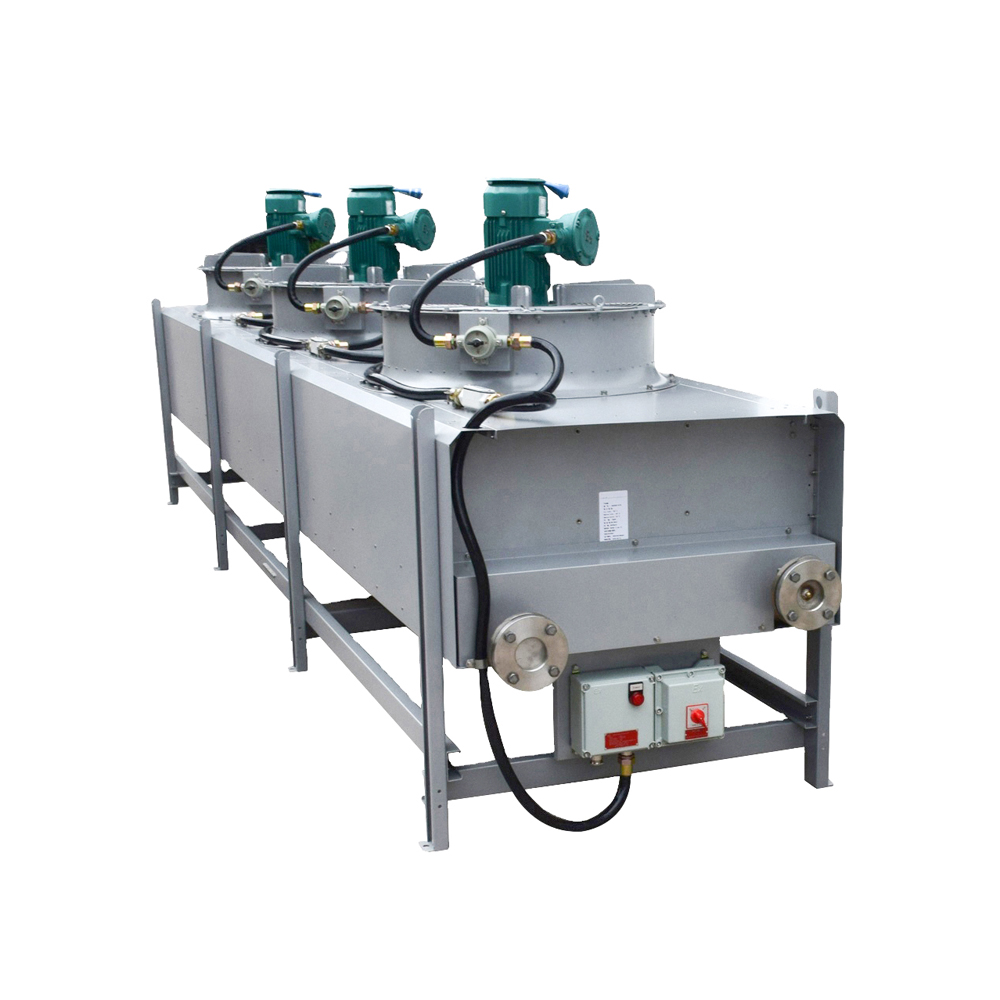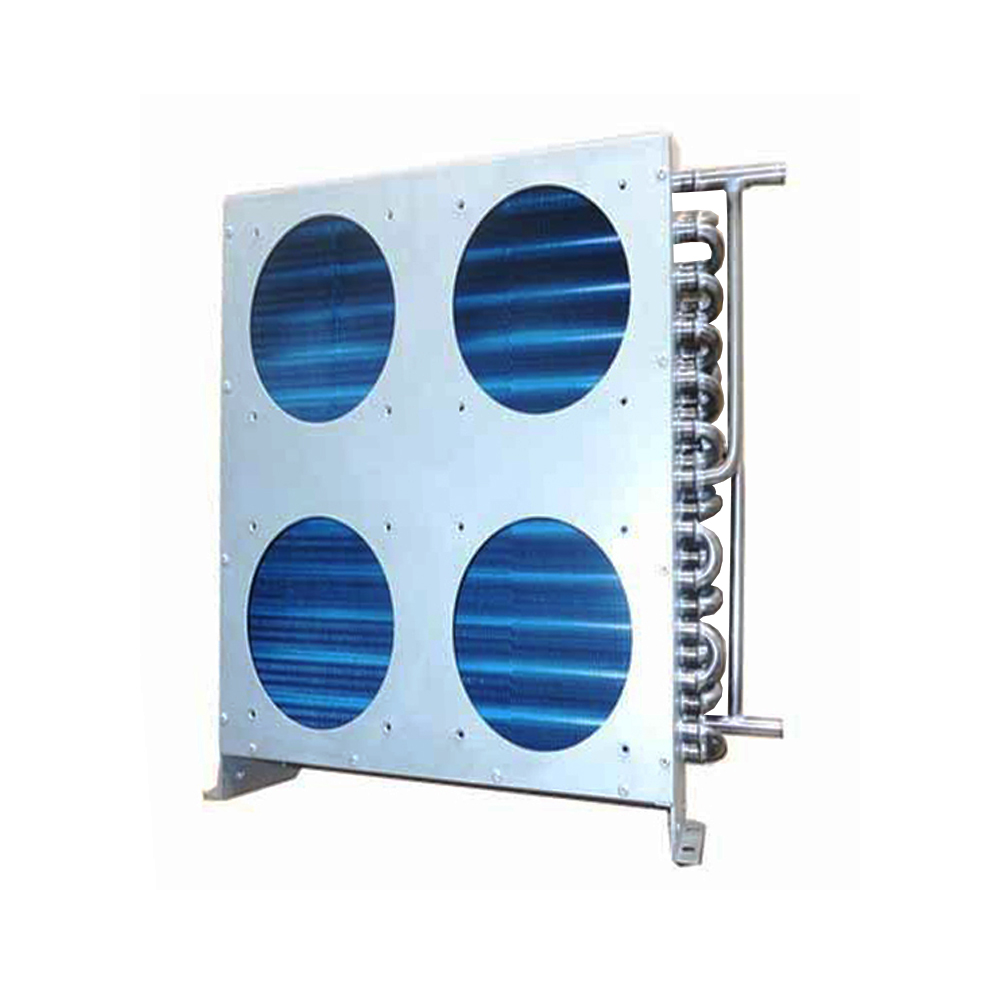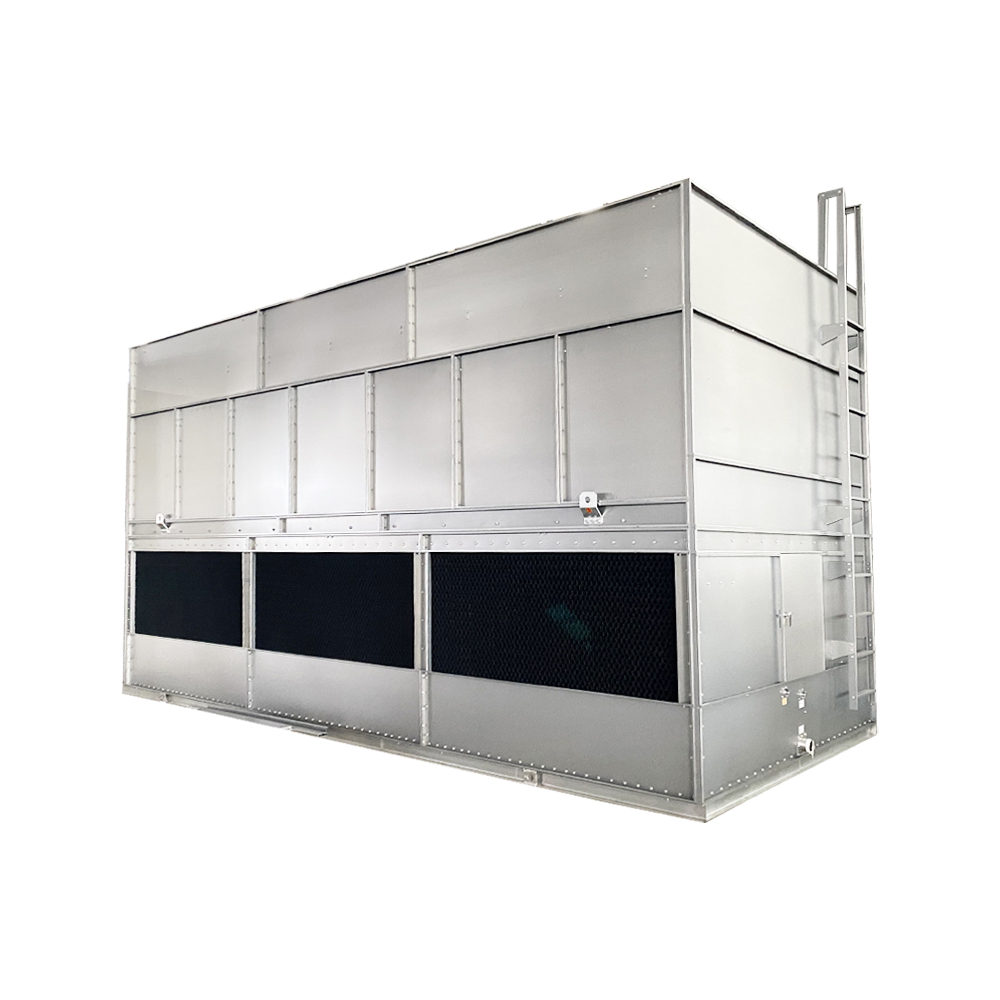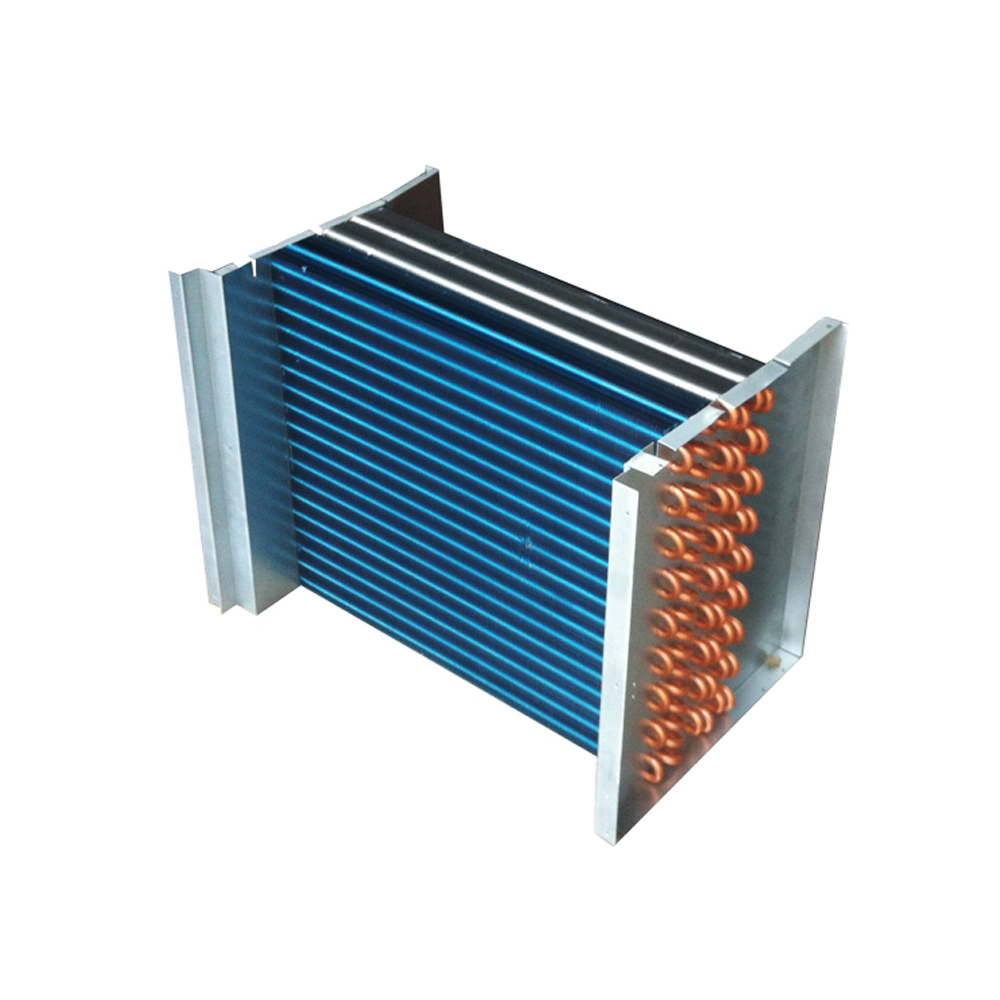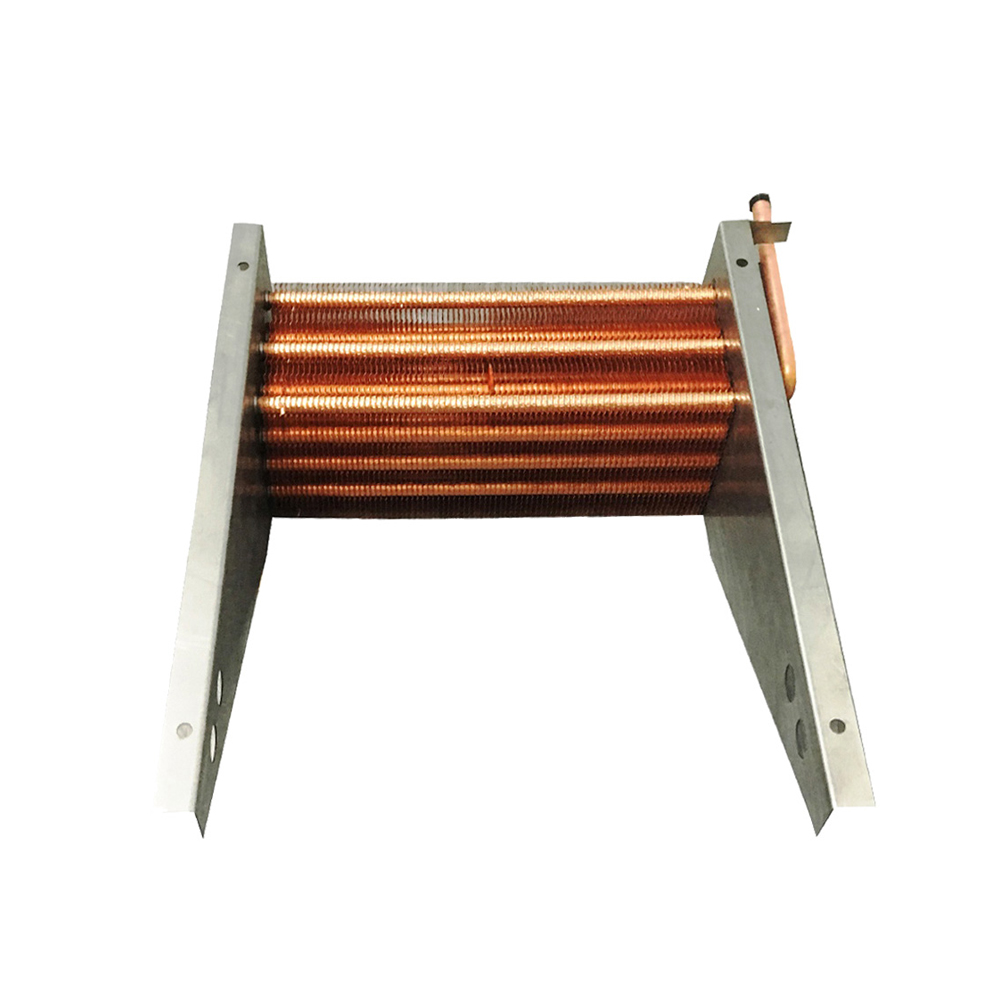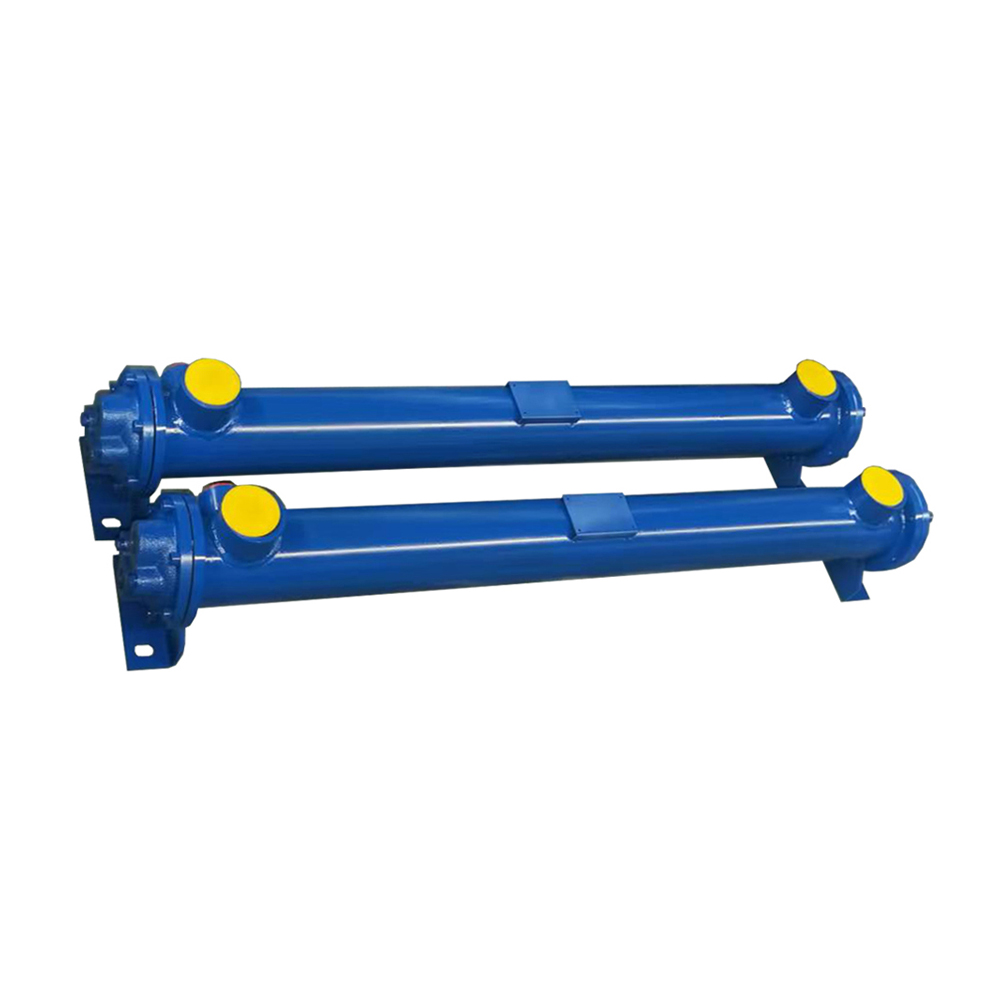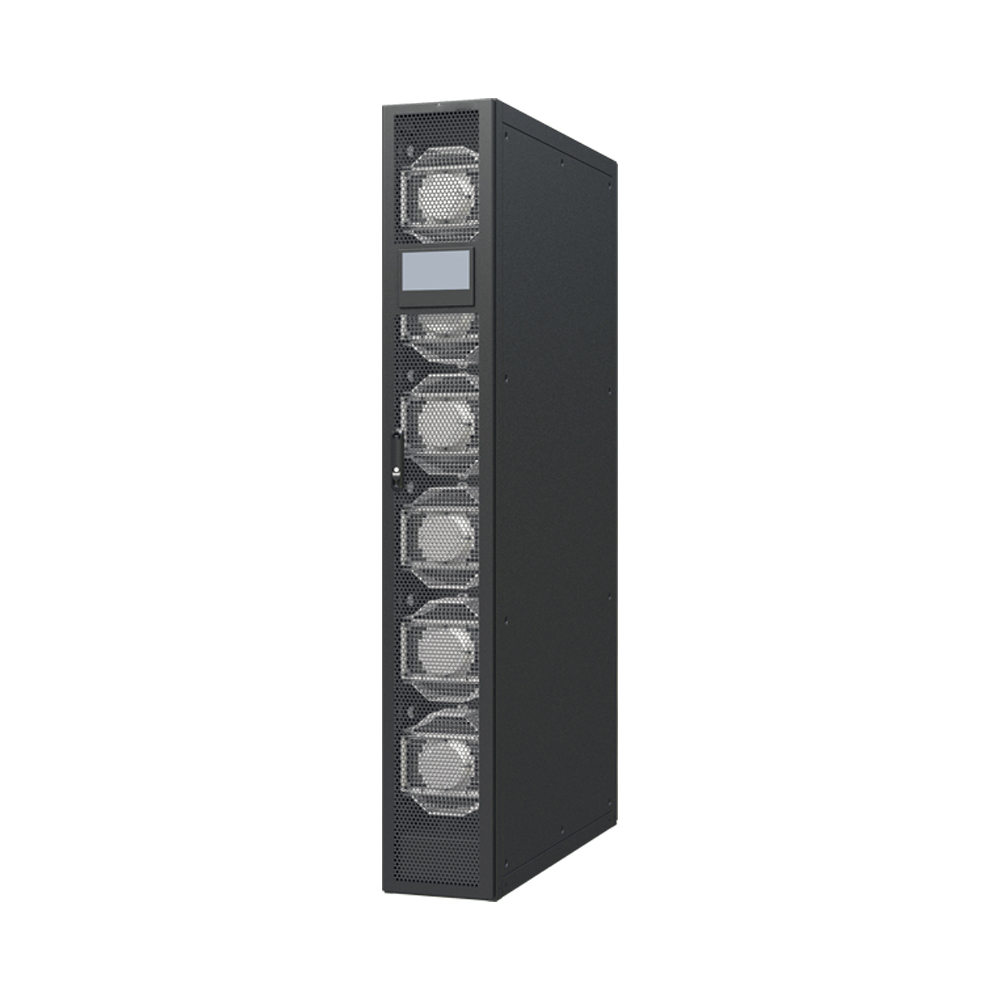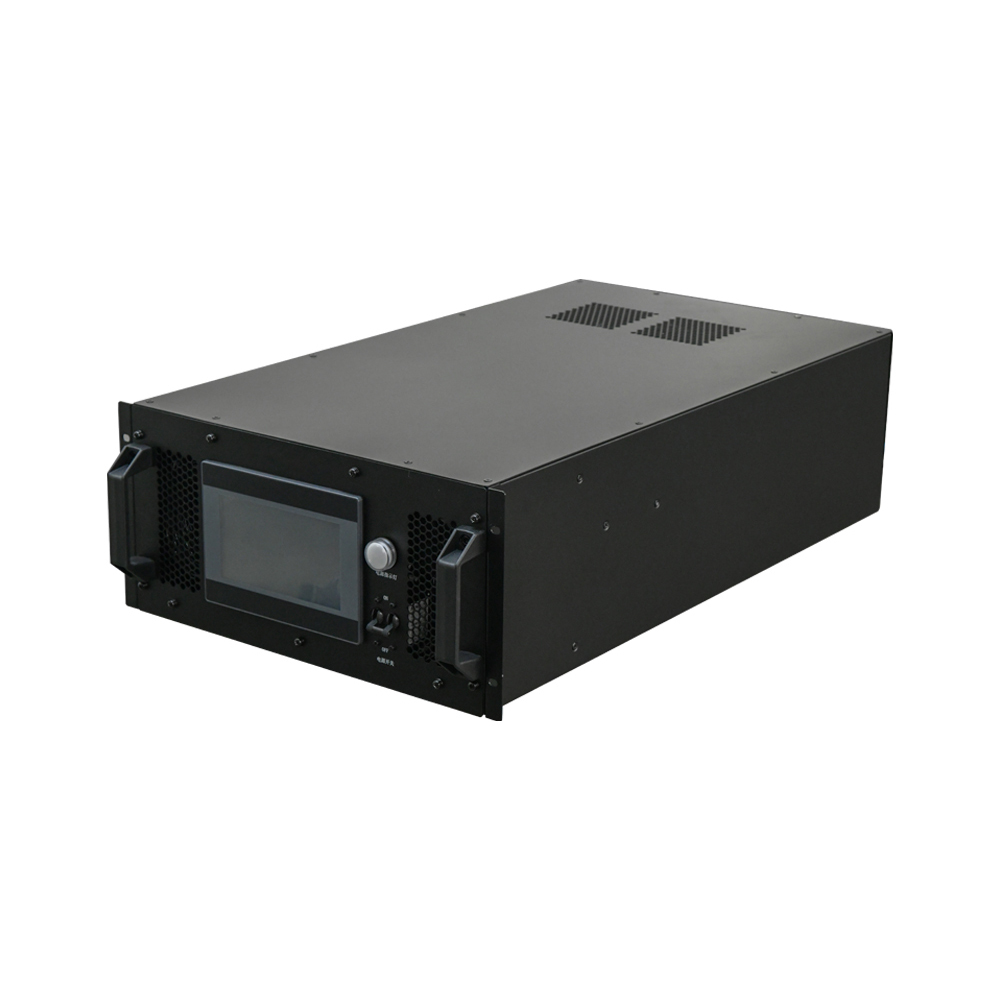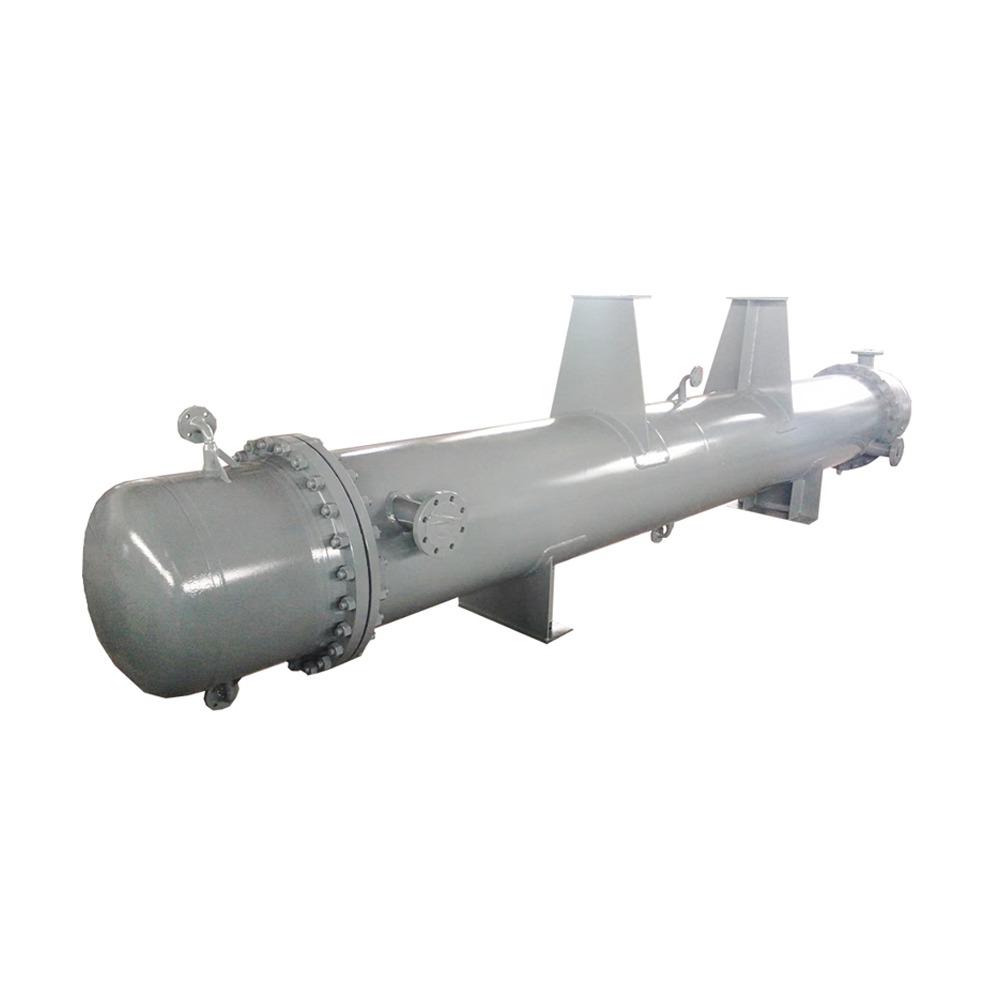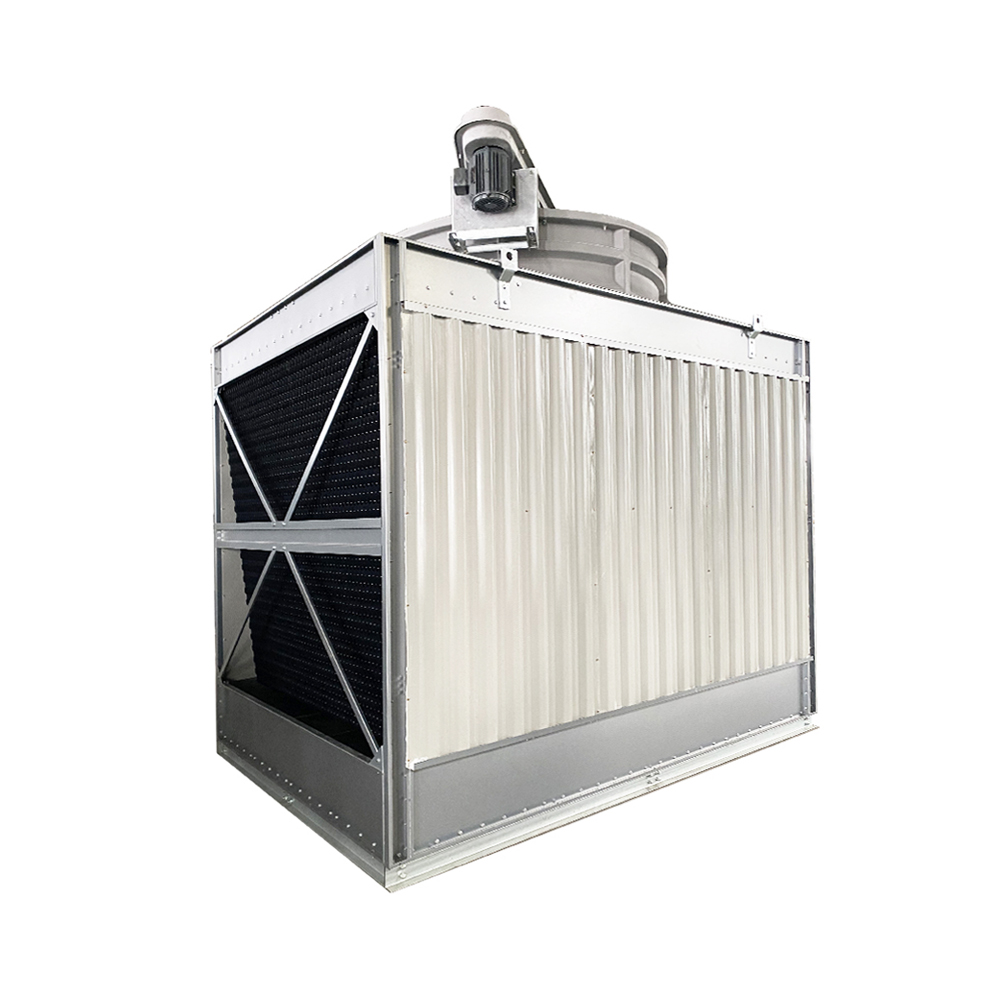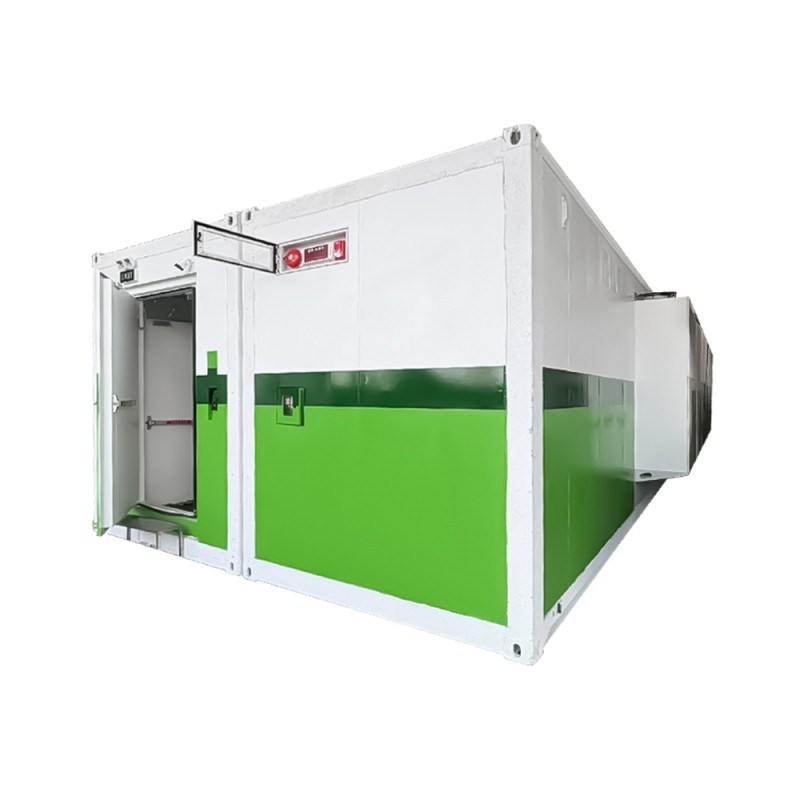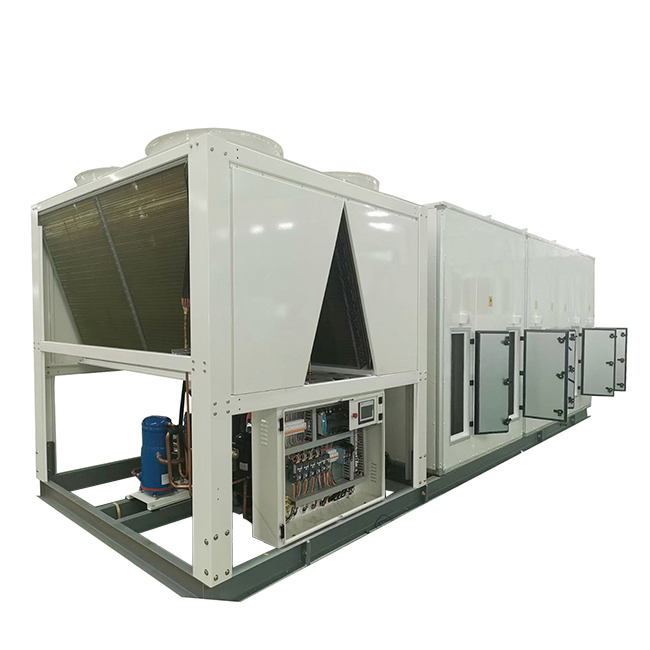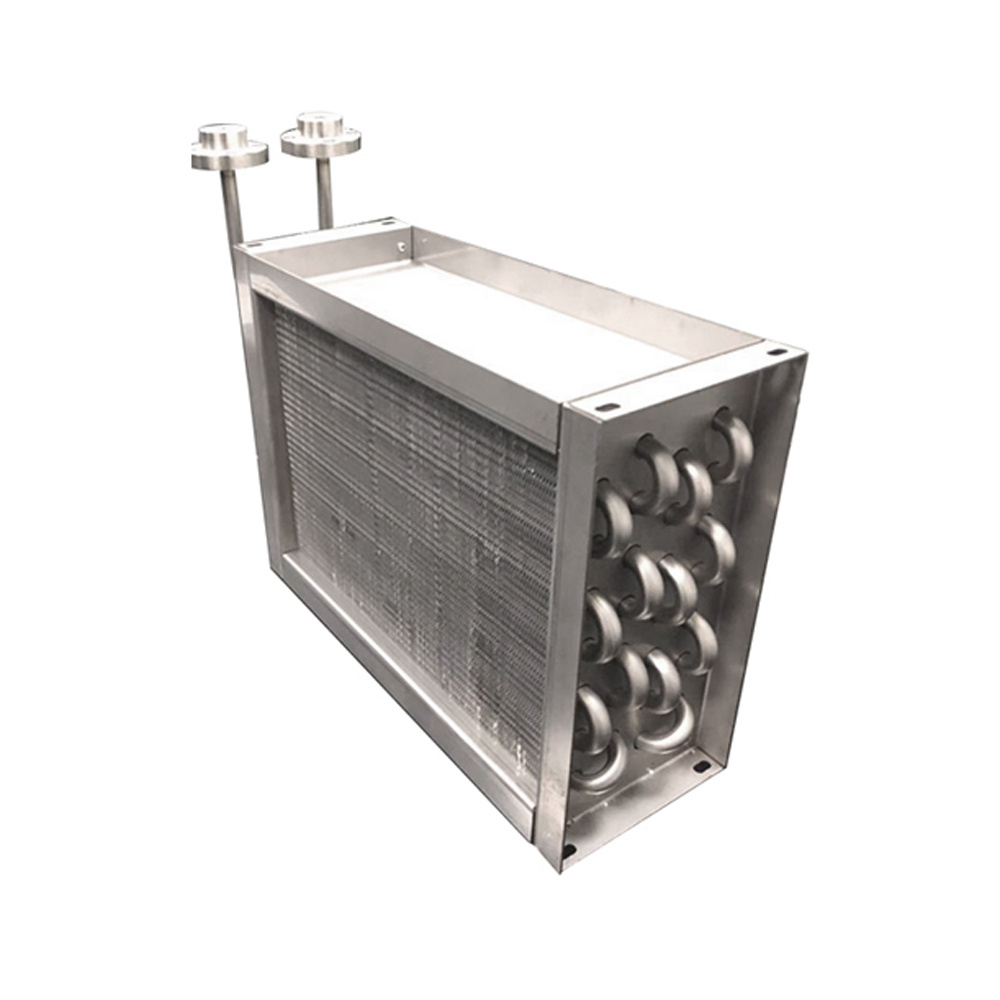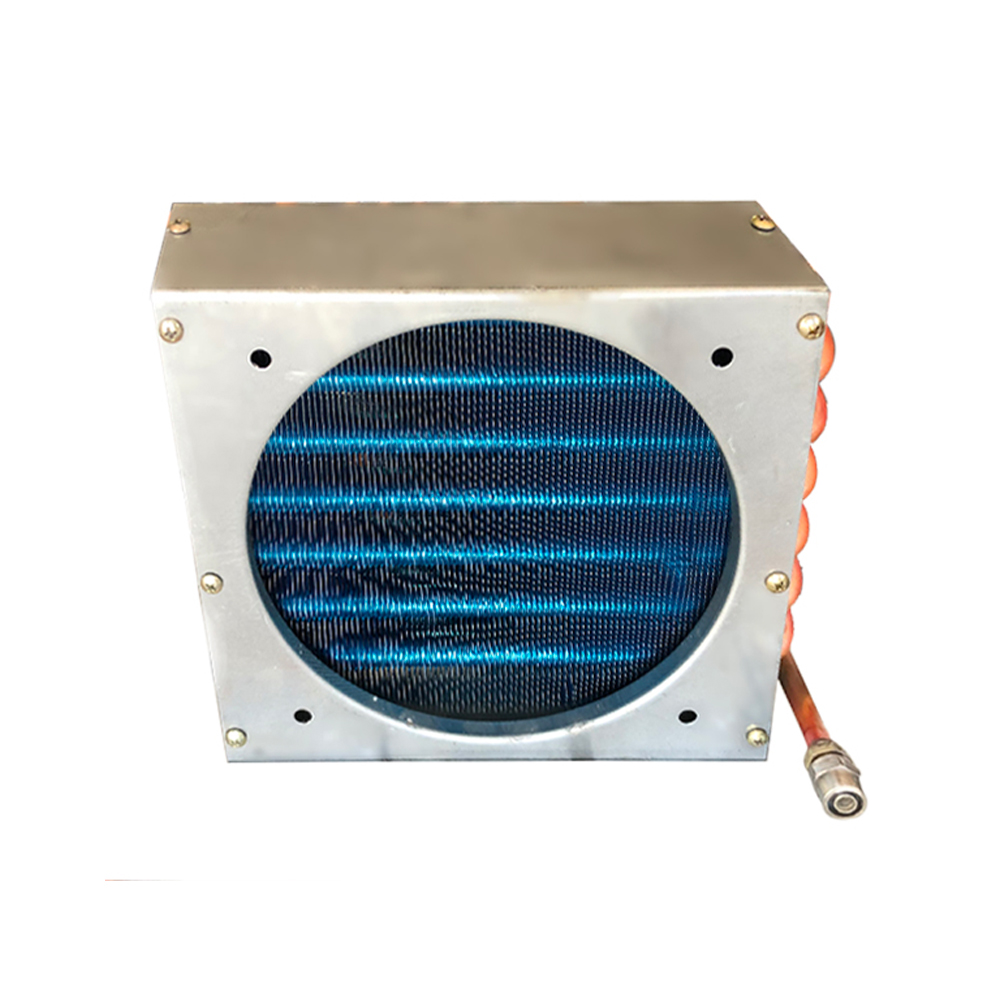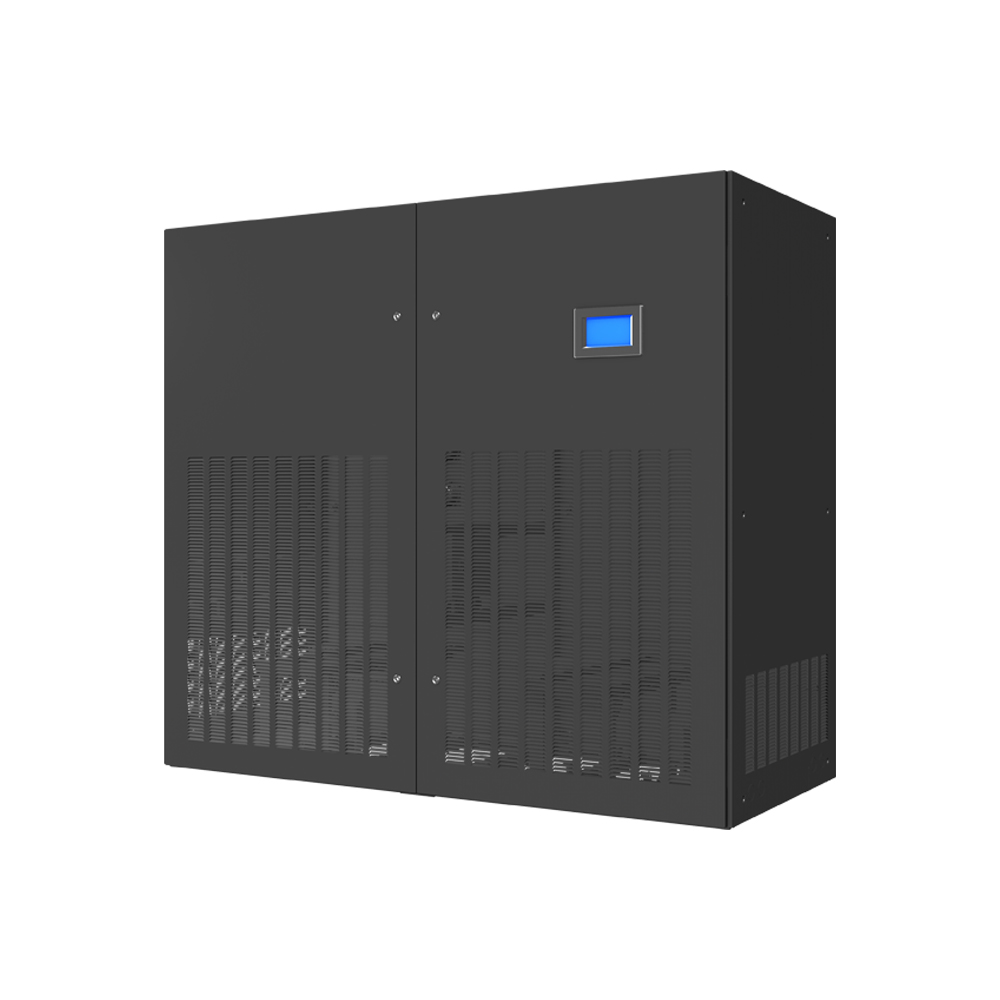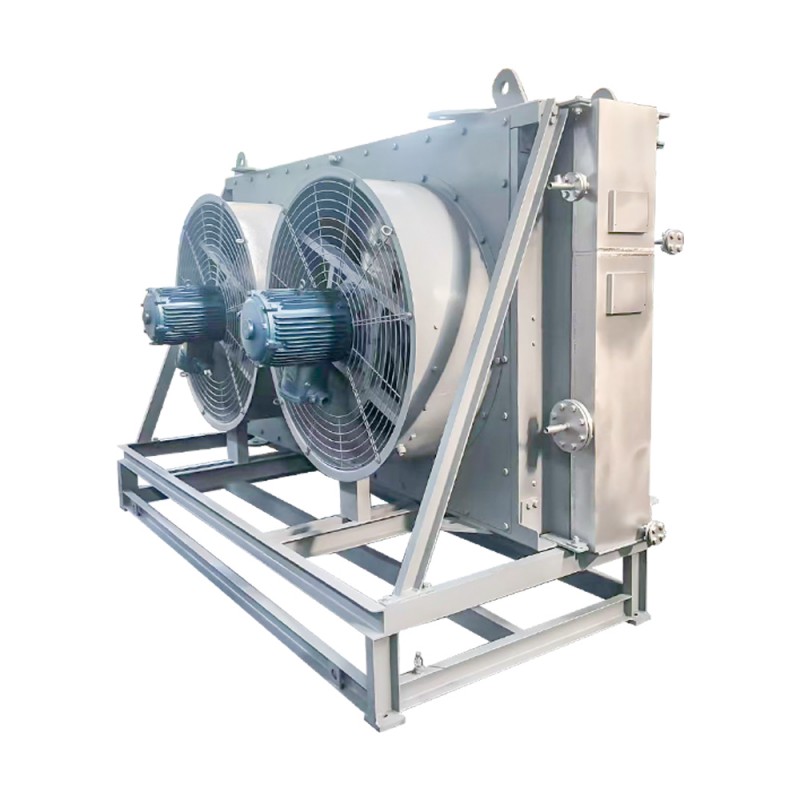This guide provides a detailed overview of fixed shell and tube heat exchangers, covering their design, applications, selection criteria, and leading manufacturers. Learn about the different types, materials, and considerations for choosing the right heat exchanger for your specific needs. We'll explore key factors to ensure optimal performance and longevity.
Understanding Fixed Shell and Tube Heat Exchangers
What are Fixed Shell and Tube Heat Exchangers?
Fixed shell and tube heat exchangers are widely used in various industries for efficient heat transfer between two fluids. They consist of a shell containing a bundle of tubes, through which one fluid flows. The second fluid flows around the tubes within the shell. The fixed tube sheet design provides a robust and reliable structure, making them suitable for high-pressure and high-temperature applications. This design makes them particularly durable and suitable for handling corrosive fluids. The simplicity of their design also contributes to easier maintenance and cleaning.
Types of Fixed Shell and Tube Heat Exchangers
Several variations exist within the fixed shell and tube heat exchanger design, each optimized for specific applications. These include variations in the shell and tube configuration, baffle design, and the number of tube passes. The choice depends on factors like pressure drop, heat transfer efficiency, and the physical properties of the fluids involved. For instance, a U-tube design offers better thermal expansion accommodation compared to a straight-tube design.
Materials and Construction
The materials used in constructing a fixed shell and tube heat exchanger are crucial for its performance and lifespan. Common materials include carbon steel, stainless steel, copper, nickel alloys, and titanium. The selection depends on factors such as the operating temperature, pressure, and the corrosiveness of the fluids involved. The proper selection of materials is paramount to preventing corrosion and ensuring the long-term reliability of the heat exchanger.
Selecting the Right Fixed Shell and Tube Heat Exchanger
Key Selection Criteria
Choosing the appropriate fixed shell and tube heat exchanger involves carefully considering several factors. These include the heat duty (the rate of heat transfer required), the temperature and pressure of the fluids, the flow rates, the physical properties of the fluids (viscosity, thermal conductivity, etc.), and the allowable pressure drop. Furthermore, the compatibility of the materials with the fluids is critical to prevent corrosion and ensure the longevity of the equipment. A thorough understanding of these factors is crucial for making an informed decision.
Manufacturers and Suppliers
Numerous reputable manufacturers produce high-quality fixed shell and tube heat exchangers. When selecting a supplier, consider factors such as their experience, reputation, technical expertise, and ability to provide customized solutions. Shanghai SHENGLIN M&E Technology Co.,Ltd is a leading manufacturer specializing in various types of heat exchangers, including fixed shell and tube designs. They offer a wide range of options to meet diverse industrial needs. Ensure you assess the manufacturer's capacity to deliver high-quality products that meet specific application requirements.
Applications of Fixed Shell and Tube Heat Exchangers
Industrial Applications
Fixed shell and tube heat exchangers are ubiquitous in numerous industrial processes. They find applications in power generation, chemical processing, oil and gas refining, petrochemical industries, HVAC systems, and food processing, amongst others. Their robustness and versatility make them suitable for a broad range of thermal management applications.
Advantages and Disadvantages
While offering excellent heat transfer efficiency and durability, fixed shell and tube heat exchangers do have some limitations. The following table summarizes their advantages and disadvantages:
| Advantages | Disadvantages |
| High heat transfer efficiency | Can be bulky and expensive |
| Robust and durable construction | Cleaning and maintenance can be challenging |
| Suitable for high pressure and temperature applications | Potential for fouling and scaling |
| Wide range of materials available | Relatively high pressure drop |
Conclusion
Choosing the correct fixed shell and tube heat exchanger is critical for efficient and reliable operation. Careful consideration of the application requirements, fluid properties, and available manufacturer options will ensure optimal performance and longevity. Remember to consult with experienced engineers and manufacturers to make informed decisions tailored to your specific needs.









